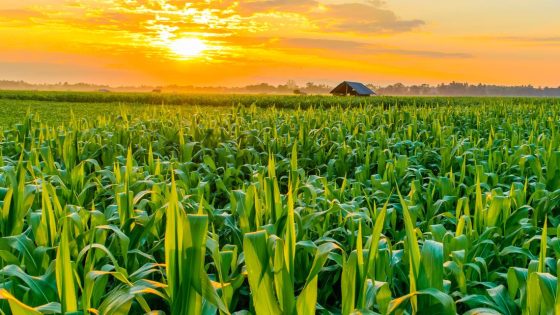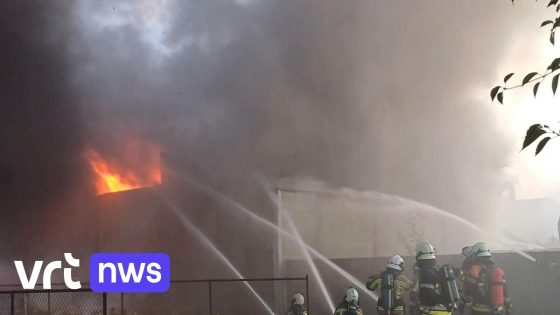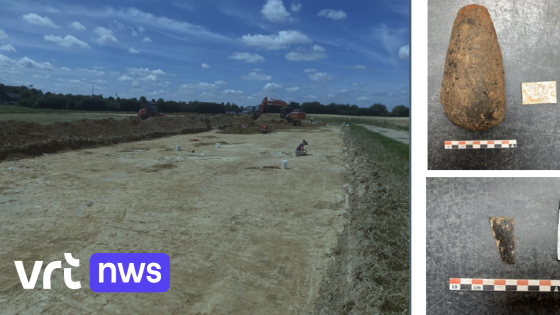This week, dangerously hot conditions are gripping Missouri, particularly in communities with corn fields. With heat index values soaring up to 110 degrees, residents are bracing for extreme weather that could last through the weekend.
- Extreme heat warnings in Missouri
- Corn fields contribute to localized heat
- "Corn sweat" increases humidity levels
- Drought affects corn growth and yields
- Missouri's corn acreage set to increase
- Heat conditions may persist through weekend
According to the 5 On Your Side Weather Impact Team, the heat advisory is in effect until 7 p.m. Thursday, July 22, 2025, and may be extended if conditions persist. Rural areas with corn crops are expected to feel even hotter due to a phenomenon known as “corn sweat.”
The corn sweat phenomenon raises an important question: how does it affect local climates? Corn plants draw moisture from the soil and release it into the atmosphere, increasing humidity levels. This localized effect can lead to even hotter conditions in agricultural areas. Consider these points:
- Inadequate rainfall can exacerbate heat conditions.
- Missouri’s corn acreage is set to increase by 10% in 2025.
- Localized humidity from corn sweat may intensify heat waves.
- Farmers are urged to monitor water levels closely.
As we look ahead, it’s crucial for communities to prepare for ongoing heat challenges and consider sustainable agricultural practices to mitigate the impact of rising temperatures.
































